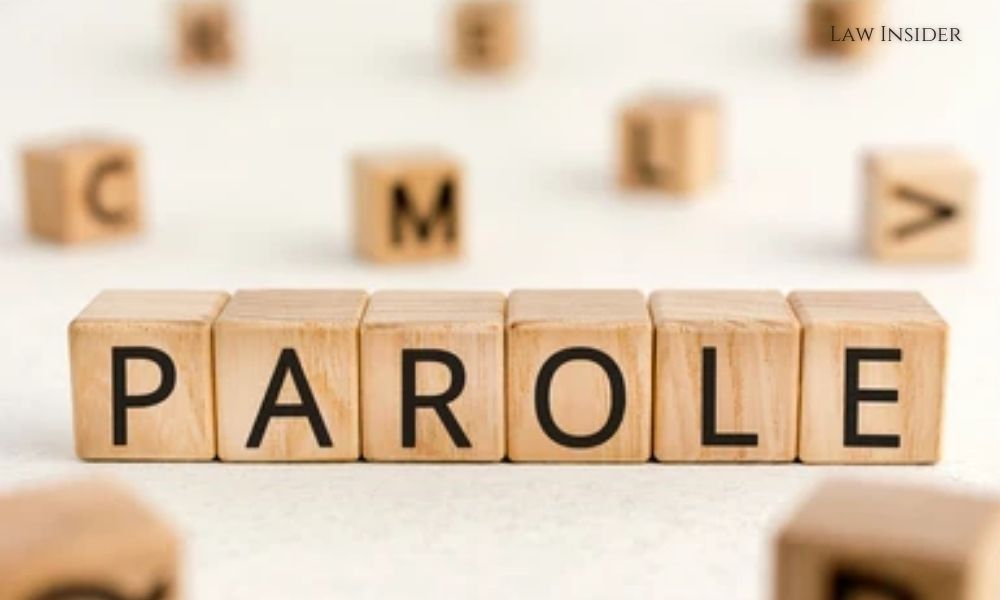Ambika bhardwaj
Published On: February 15, 2022 at 19:38 IST
The Delhi High Court in the Case of Chandrakant Jha vs. State of NCT of Delhi noted that the foundational idea of Parole is to allow a Convict to re-establish social ties in the community and with his family, as well as to reconnect himself into society.
Rejecting relief to a man Convicted of Murder in three Cases, Justice Chandra Dhari Singh added that the provision for Parole under the Delhi Prison Rules, 2018, is viewed as a positive reinforcement measure towards the Convict.
The Court observed that because the Prisons Act of 1894 makes no specific provision for Parole and furlough and each State has the Authority to develop regulations for Parole and furlough.
As a result, the Court reviewed the Delhi Prisons Act, 2000, and the Delhi Prison Rules, 2018, which serve as the foundation for Parole guidelines in Delhi.
The Court was hearing a Petition asking for grant of Parole to the Petitioner for three months in three separate First Information Reports (FIRs) lodged against him.
The Petitioner sought parole in FIRs lodged under Sections 302 and 201 of the Indian Penal Code, in which he was Convicted for Life Imprisonment.
The Petitioner sought Parole for two reasons: to find a good match for his daughter and to be present for his mother’s death anniversary.
The State opposed the Petition, claiming that the Petitioner was not eligible for Parole because he had been Convicted of grave and heinous Murder Offences in all three FIRs.
Acknowledging that the Petitioner had been Convicted in three Cases under Sections 302 and 201 of the Indian Penal Code for rigorous Imprisonment for Life.
The Court concluded that the grounds were not such that they could be considered as exceptional circumstances for the grant of Parole.
Hence, the Petition was dismissed.

